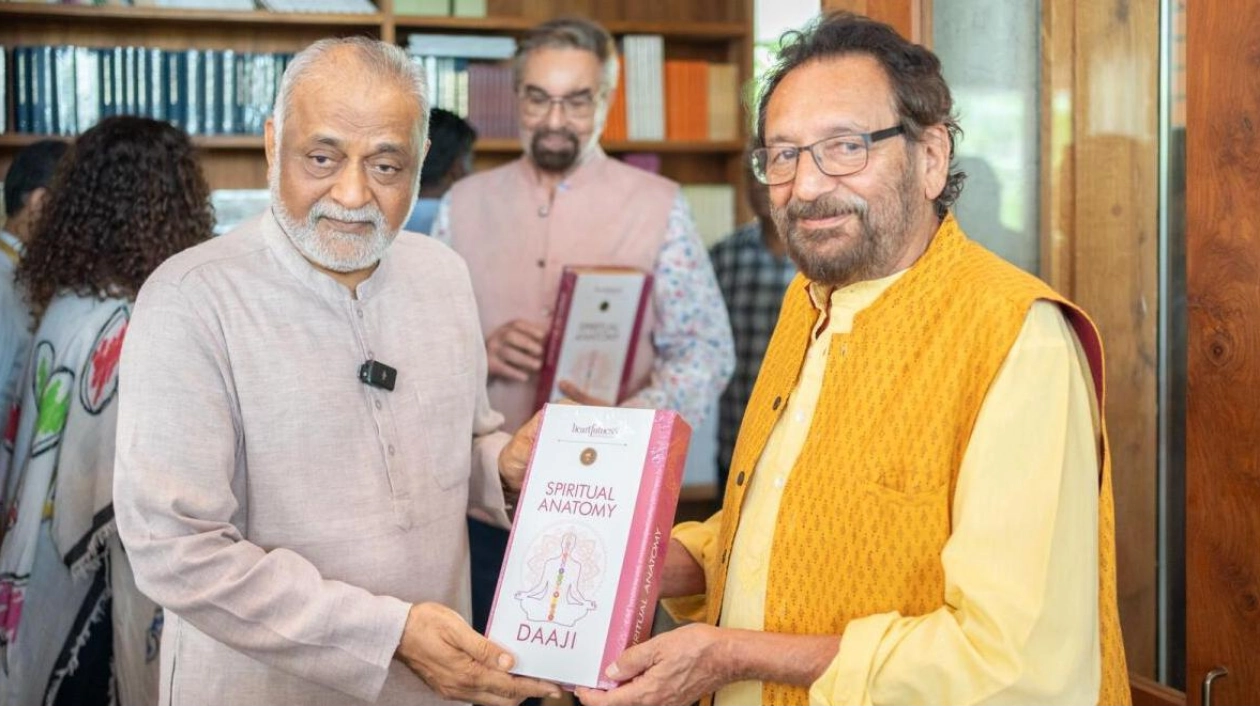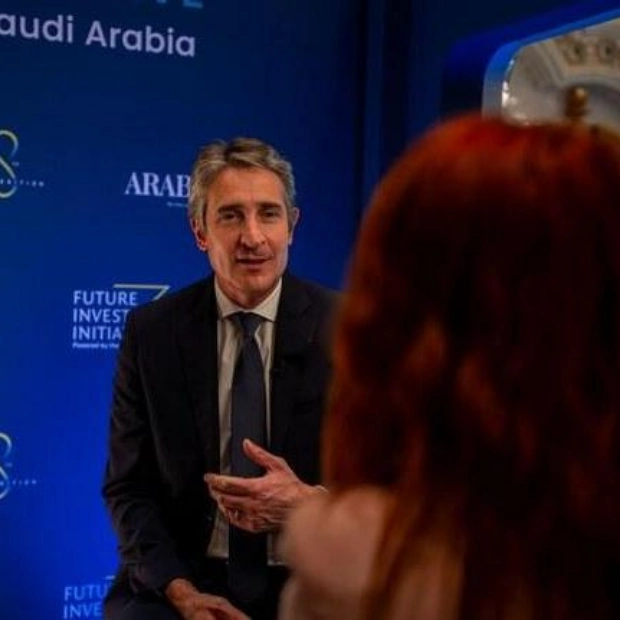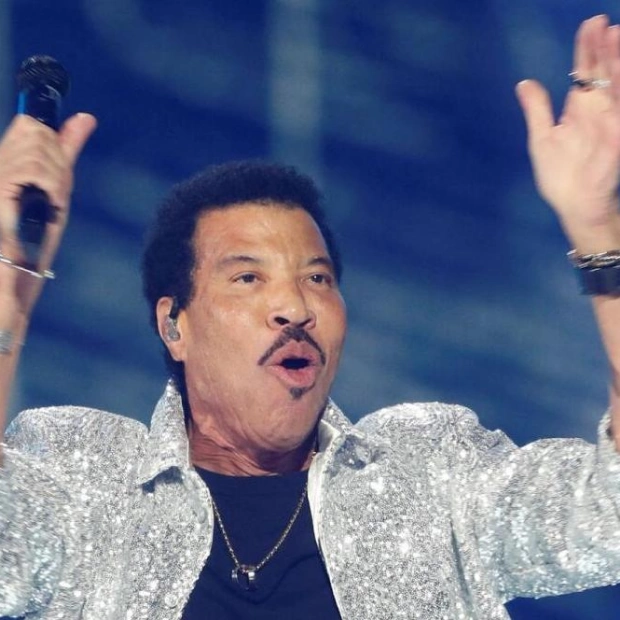Leadership often feels like a weighty cloak, with every thread representing a strand of duty, a commitment, or a necessity. Not all manage to carry this mantle effectively; what sets those who do apart? Maybe it's their empathetic perspective, their awareness of others' needs, their skill in fostering autonomy, and bringing out the best in individuals. Kamlesh D. Patel, the fourth spiritual guide in the Sahaj Marg system of Raj Yoga meditation, known as Daaji, advocates that the finest leaders tread the path of 'Heartfulness'. Daaji has cultivated and motivated young leaders globally through what he terms 'Heartfulness leadership'. This style of leadership is about integrating heart-centered values. 'Kindness, empathy, compassion are crucial traits,' Daaji elucidates. 'We all recall leaders or bosses who were arrogant or rude, and we remember them with negative emotions. But when we encounter a leader who significantly impacts our lives, those are the people we enjoy working with. We are even willing to sacrifice our time for them because they are so present.'
Effective leadership includes the capacity to communicate and inspire confidence. 'It's not just about saying, 'Do this,' but how the boss conveys the task. The leader must do it compassionately, in a way that makes the employee feel trusted and capable,' he adds. Daaji was born in Gujarat, India, in 1956. He demonstrated an early interest and talent in meditation, founding 'Heartfulness Meditation' at 19. He pursued mainstream education, becoming a pharmacist, and later, a successful businessman. Yet, he never ceased exploring the Heartful state of being, eventually becoming a teacher and then a spiritual leader. Today, he leads the Heartfulness movement worldwide, emphasizing a state of being that cultivates balanced, sensitive individuals. 'Heartfulness practice is not just for creating leaders or good family members. Those are just side effects of meditation,' he explains.
Heartfulness is a state where the heart is the center of control, allowing one to transcend judgment and see things objectively, a rarity. Often, negative self-talk during meditation hinders progress. 'If you can listen humbly, you can become a better person. Meditation sensitizes you from within, enabling continuous improvement, making you a better person,' says Daaji, noting that the practice can enhance analytical, contemplative, and creative abilities. His program aims to empower individuals to meditate and evolve. 'To start contemplative Heartfulness practices, one must be trained. We offer sessions with an individual to help them meditate better, center themselves, and prepare for their spiritual journey,' he explains. The Heartfulness Institute operates in 170 countries with 5,000 centers worldwide; in Dubai, the Heartfulness Meditation Center is in Jumeirah Lake Towers.
For those unable to access one-on-one training, the heartsapp offers an alternative. 'People can download it and follow the steps, meditating anytime, anywhere.' The app connects meditators with global trainers. 'When someone is awake at your meditation time, they can see your request and connect with you.' Daaji humorously suggests meditating 24x7, likening it to building muscle memory. 'Initially, meditation can be challenging, but with enough practice, it becomes effortless. Even if I meditate for five minutes, its impact lasts a long time, allowing me to continue working with a meditative mind.'
This relaxed yet focused state can help overcome biases. We are a sum of our experiences and emotional responses, which color our worldview. 'Heartfulness meditation recommends a different approach, dissolving past indoctrination,' says Daaji. Recognizing that events create dual impressions—one at the mind level, another at the heart level—is crucial. 'Psychologists call this cognitive memory. What is stored as feelings remains at the emotional level, which is much heavier.' Meditation may foster qualities that aid forgiveness and release emotional burdens. 'The moment you forgive, the load is lost, freeing us.'
An open-minded person with a broad perspective, says Daaji, would make an exceptional leader. 'They would have no biases, no preferences, recognizing and enabling efficiency in others.' Such leaders dispense compassion and kindness, offering courage and guidance. 'They become compassionate because they empathize.' A good leader is evident in a happy, empowered team. 'To get there, start by looking inward. You have to meditate; there's no other way,' concludes Daaji.






